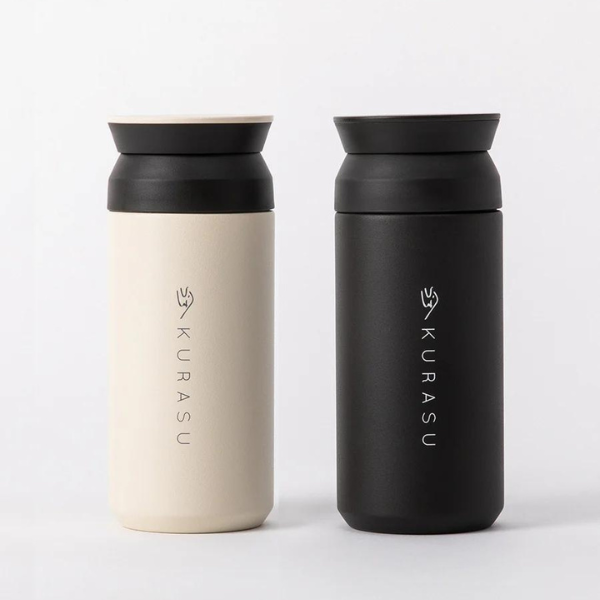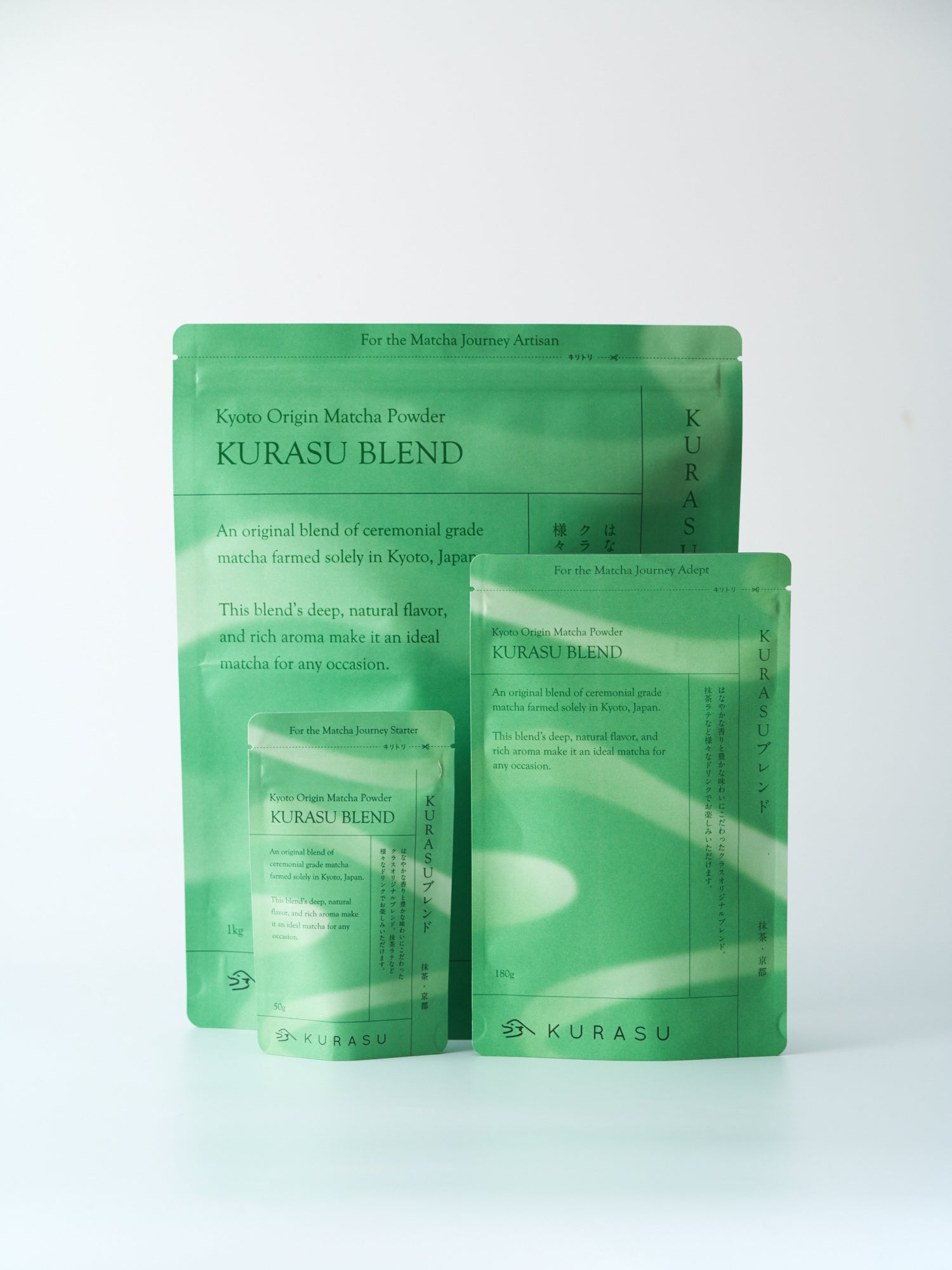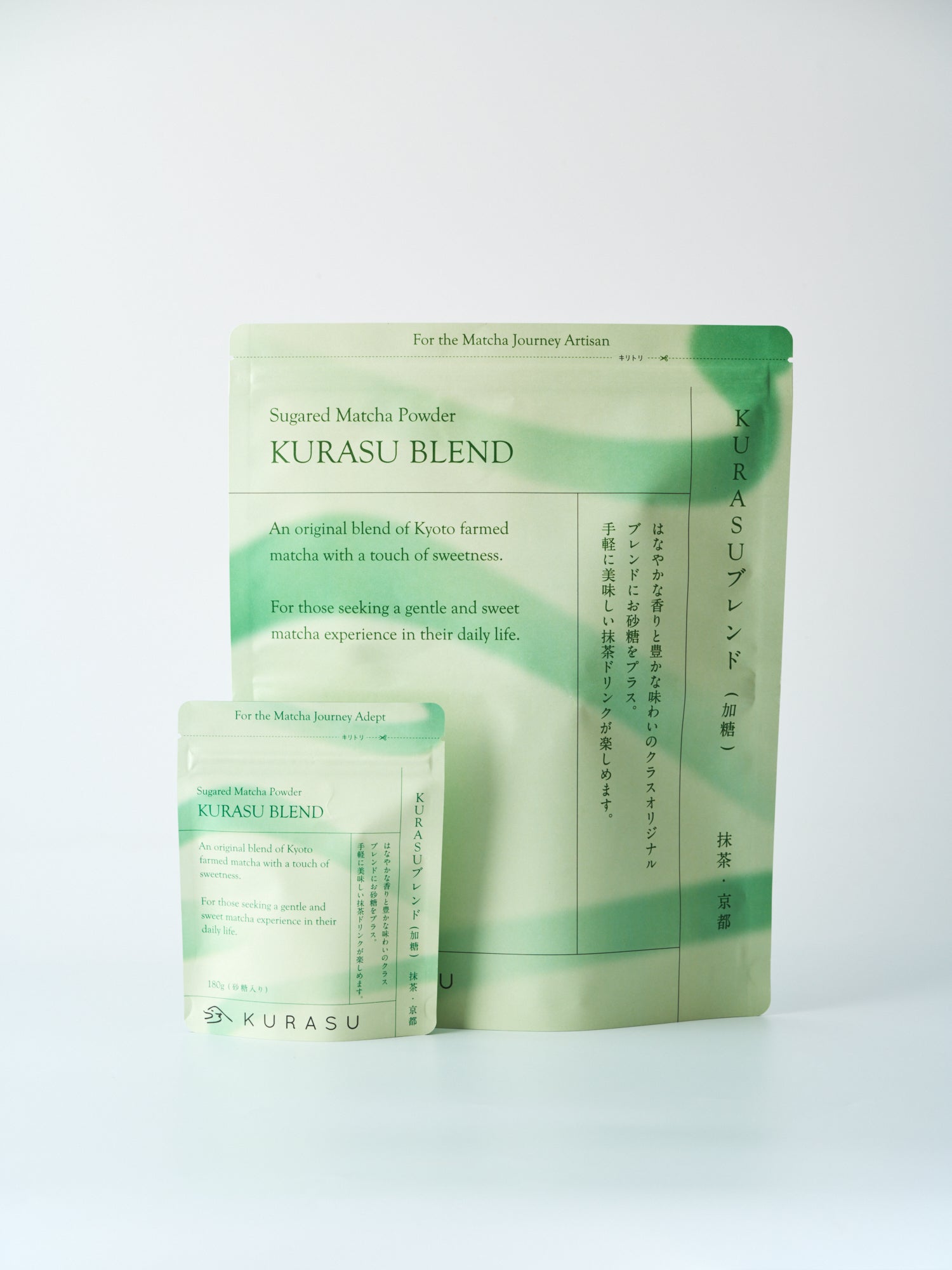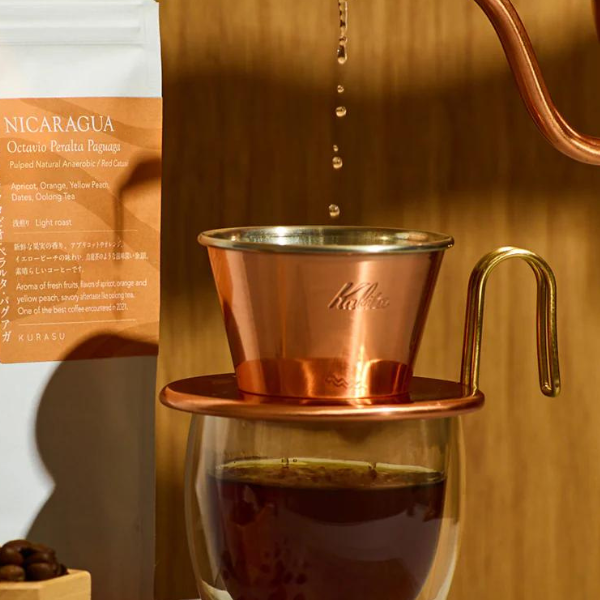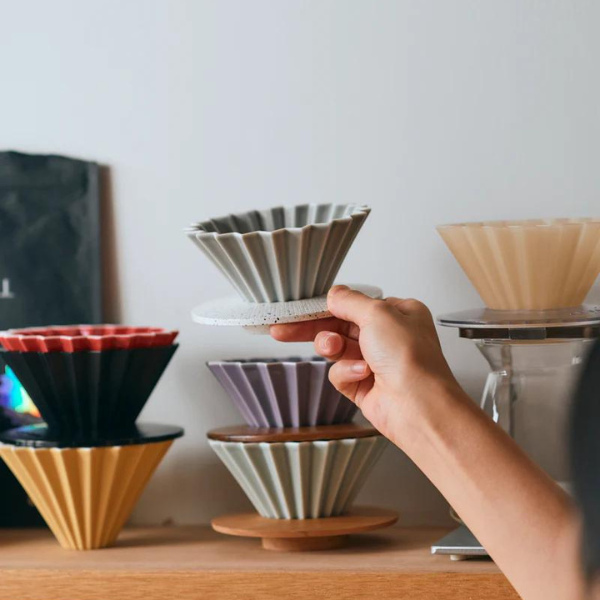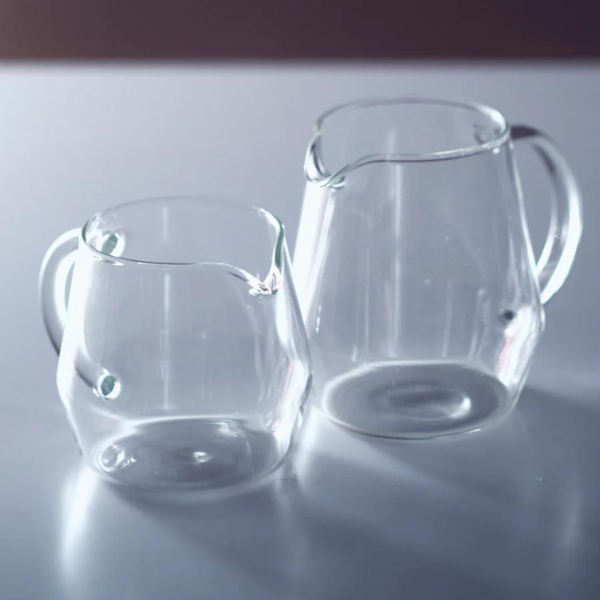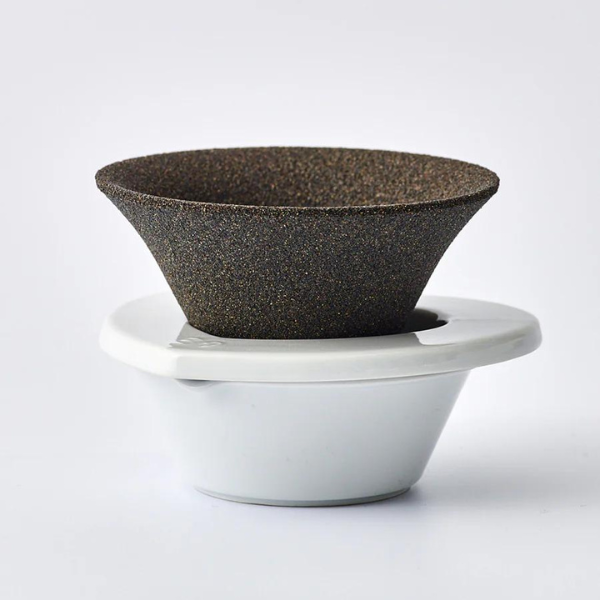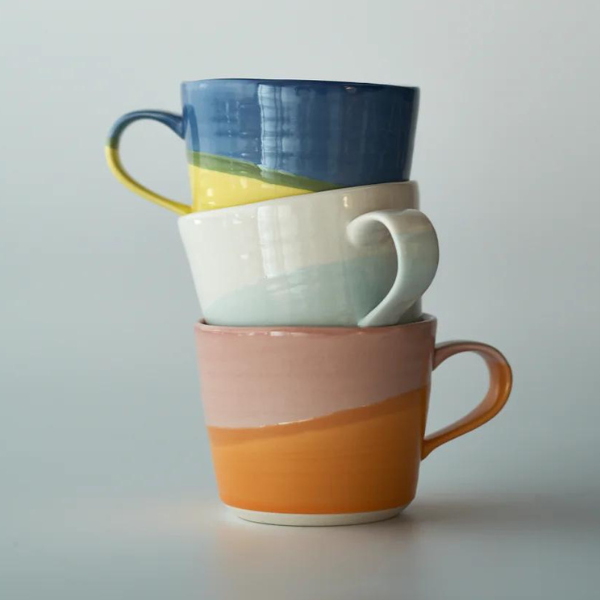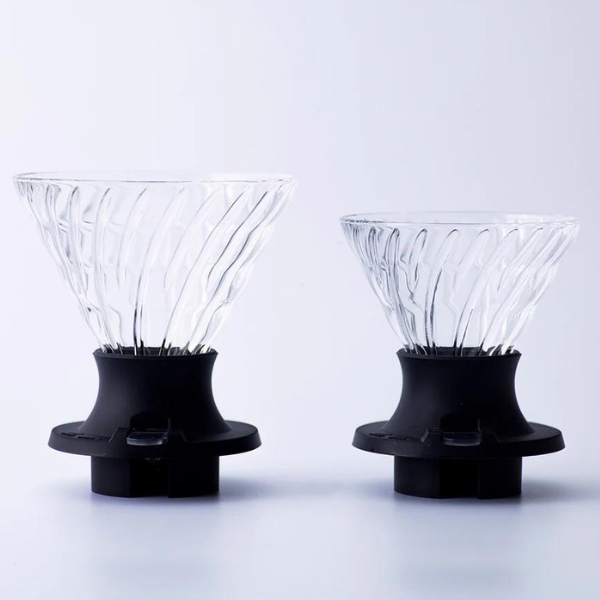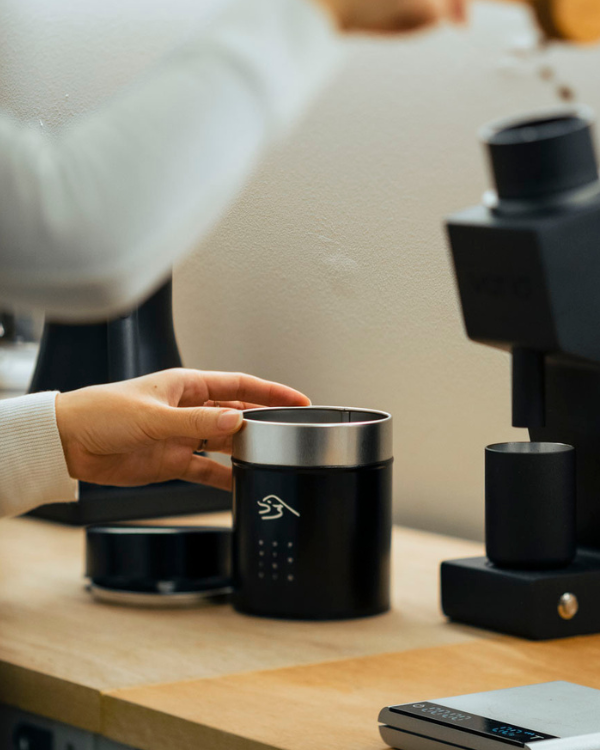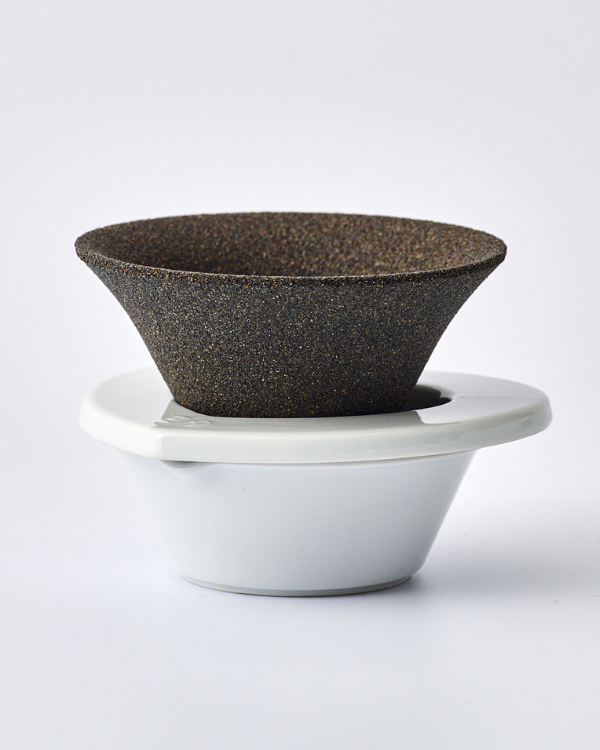The next #KurasuPartnerRoaster is NAGASAWA COFFEE in Morioka, Iwate. They have opened their cafe/roaster in 2012, a year after the March 11th earthquake in Tohoku region. We interviewed the roaster, Nagasawa-san to discover his journey- how everything started, and how the coffee culture in Iwate has changed over the last 7 years.

How NAGASAWA COFFEE Started
Nagasawa-san took an interest in coffee in his 20s, through his job for a coffee wholesale company. Since then, he gained experience in different industries and fields, but coffee was always his major interest.
"The main reason I kept pursuing to roast my own coffee was that I couldn't find any coffee shops in the area that I really liked. That made me think, 'what if I was to do it myself?' so I started roasting. I began with a hand-held roasting pan, and eventually I built a hut in my backyard and installed a 3kg Fuji Royal. I started my brand as NAGASAWA COFFEE in 2008, first selling my coffee at events I attended and online", Nagasawa-san explains.

Coffee is not the only thing important to Nagasawa-san, as he has always been very interested in snowboarding. During his 20s and 30s, Nagasawa-san was a semi-professional snowboarder while working as a "salaryman". " I often climbed snowy mountains, not limited to public ski venues, and I always took my coffee in a pot with me, and coffee became even more essential for my life. Drinking coffee on top of a snowy mountain is so good- through that, I learned that the environment and the whole experience of drinking coffee can affect how it tastes, as well as the actual flavor itself" he recalls.
With his ever-growing passion for coffee, Nagasawa-san started to consider making it his profession. Starting one's own business is always a challenge, and there was no promise of any success. However, several big events in his life including the birth of his daughter gave him a push to make the change. For the next several years, Nagasawa-san prepared for starting a new business while giving his skills a final brush-up. In 2011, he was ready- the floorplan was completed, the contract was ready to be signed. And the 3 days before the signing day, the 2011 Tōhoku earthquake hit Japan.
Everything he had established was gone, and even securing food and water was a struggle for the first month. After recovering from the initial shock, Nagasawa-san asked himself, "what can I do". Anywhere his eyes looked, there was a disaster. But I can make coffee, he thought, and he started to tour around the shelters to serve hot cups of coffee to the people.

"I wasn't sure about where I will go next or what my future will be, but I started anyway, and I was overwhelmed by the positive reaction from people when I served them coffee. 'This is so good, I wanted to have some coffee for a long time', they said. The sight of people enjoying my coffee smiling gave me an enormous amount of positive energy, and that encouraged me to try again" Nagasawa-san reflects.
4 months after the disaster, the shelters were closed down, and people started to move into their temporary housings. Nagasawa-san finished his tour around the shelters, and started once again to work on opening his cafe. One year later, NAGASAWA COFFEE finally opened its door in Morioka city.
"Personally, I prefer light roast. However, through my experience with the earthquake, being able to serve many people with different preferences has become my top priority. That's why I do not limit my roasting to light roast, and offer different roasting levels with multiple choices" he says. His life experience and unforgettable moments in his life are all reflected in the warm and inclusive nature of Nagasawa-san and his staff, as well as the spacious and welcoming cafe.

NAGASAWA COFFEE's Roast
The first roasting machine Nagasawa-san bought was Fuji Royal 3kg. "I thought I should be able to handle at least a 3kg scale machine if I was going to run a business with it. So I started out from 3kg, and roasted every night after coming back from work. I tried everything, one by one, and it took forever, especially as I did not have any mentor or training experience. But thanks to that endless trials and errors, now I can roast almost instinctively, knowing what happens in most of the situations in advance."
After 3 to 4 years, Nagasawa-san decided to upgrade the facility following a growing demand and increasing sales. He picked his all time dream roaster, Probat. In fact, he had dreamt of having a Probat for so long that he was practicing a simulation in his head every time he roasted with his Fuji Royal, imagining how it would turn out if he had been using a Probat. "I considered Loring too, but it was a bit too 'mechanical' for me. I couldn't quite feel that I was roasting myself, but the machine is roasting for me instead. As I had self-taught myself coffee roasting starting with a classic hand-held pan, and I still rely a great deal on smells and sounds when I roast. I couldn't simply get that with Loring" he explains.
Among several models of Probat, Nagasawa-san was particularly fascinated by the Old Probat UG. Whenever he tries overseas roasters, coffee roasted with UG was always his favorite. He also explains that the coffee roasted with UG lasts longer, maintaining its high quality. Finding a vintage model would be hard, as they were no longer being manufactured, but fortunately he came across one completely by chance. His cafe back then did not even have enough space for the machine, and he knew he would have to set up a whole new space for it- but his instincts told him he had to grab this chance. Nagasawa-san had the machine's electronics and motor adjusted for the Tohoku region, and started to run it for the operation just one month later.

NAGASAWA COFFEE and Iwate's Coffee Culture
The term "specialty coffee" was not known in Iwate back when NAGASAWA COFFEE started out- dark roast was the norm in the historical town, and light roast was too alien for the local people to embrace.
"At first, people only picked dark roast. What I thought was the best was not always the most popular with my customers, and I often felt there was a gap between what I pursue and what my customers do. I tried to promote light roast, and I still do, but now I feel that valuing what my customers prefer and catering to that is equally important" Nagasawa-san says.
As he tried to accommodate the demand, dark roast became another strong point of NAGASAWA COFFEE. However, recently, Nagasawa-san feels that the tide is changing in Iwate's coffee scene. There are now more cafes that serve lighter roast, sourcing beans
from Single O and Fuglen, as well as NAGASAWA COFFEE, and there seems to be more people enjoying light roast coffee. It's been 7 years since Nagasawa-san started serving his coffee, and now more and more people visit to enjoy his light roast, and whenever emerging cafes and roasters come to ask for his advice, he gives out absolutely everything and shares his experiences.

Another significant feature of NAGASAWA COFFEE is its spacious shop, making the most out of its rural location. "I don't think it's easy for an independent business to operate a cafe of this size if it were in Tokyo. It's often the case for us who are living in rural areas to think we always have to catch up and appreciate what's going on in the big cities like Tokyo, since that's where new and exciting things happen. Although, just copying and following the trend is not the way to go- it is important to be aware of the trend, but applying it by adjusting it to your own unique environment is the key. I always try to think 'what if it's in Morioka?', and try to do something I can realize only in this environment in Morioka. Of course, serving good quality coffee is the priority, but at the same time, I make sure that this space can add more to the experience as a whole" he explains.
Future Plans
Nagasawa-san visited El Salvador in 2013, and he has been visiting several farms since then, including those in Thailand and Ethiopia. He says that by visiting them to actually meet them in person, seeing the environment with his own eyes made him realize the reality of the producers and the difficulties they are facing. "Although the impact we can make may be insignificant, we will continue to do what we can do to contribute" Nagasawa-san says.
In addition to his mission above, Nagasawa-san has been actively attending many events, including a pop-up event in Taiwan and coffee festivals in Sendai and Tokyo. However, on top of all that, his main objective is to contribute to his local town, Morioka.
"Advertising the greatness and how specialty coffee can be luxurious is one way of promoting coffee, but I want good coffee to rather be a norm in people's daily life. I want to help this city to be filled with good quality coffee, for the local people to enjoy that thinking that's the standard. Whenever I visit cities famous for good coffee, such as Melbourne and Copenhagen, I notice that they have one thing in common- in places where people are enjoying good coffee, their art and other cultures are equally very good. Quality of coffee could be one way of measuring the quality of life in that city, and as Morioka develops as a city even more, I want to contribute to that via coffee", Nagasawa-san smiles. NAGASAWA
COFFEE has been, and will be even more essential for Iwate's coffee scene in the future.


